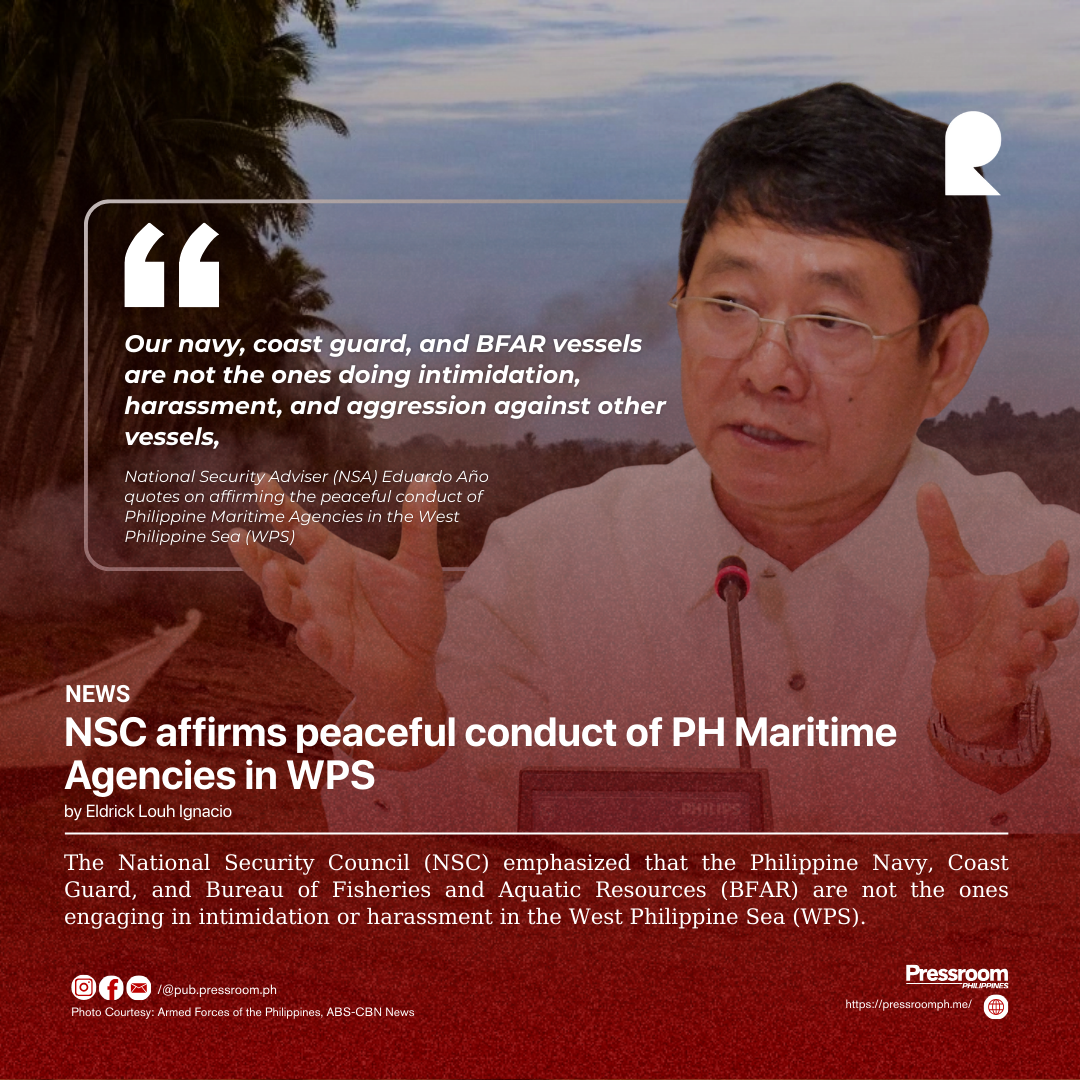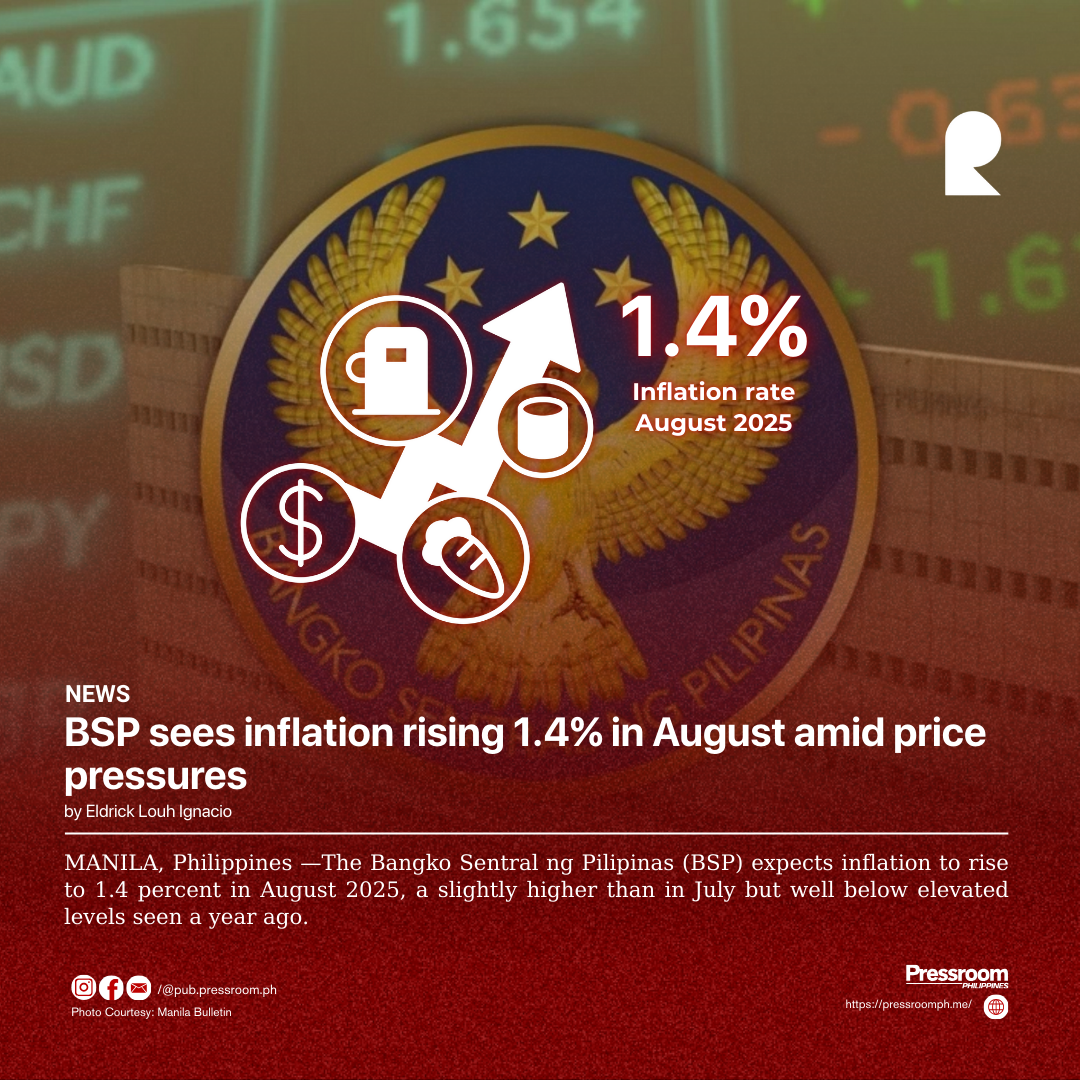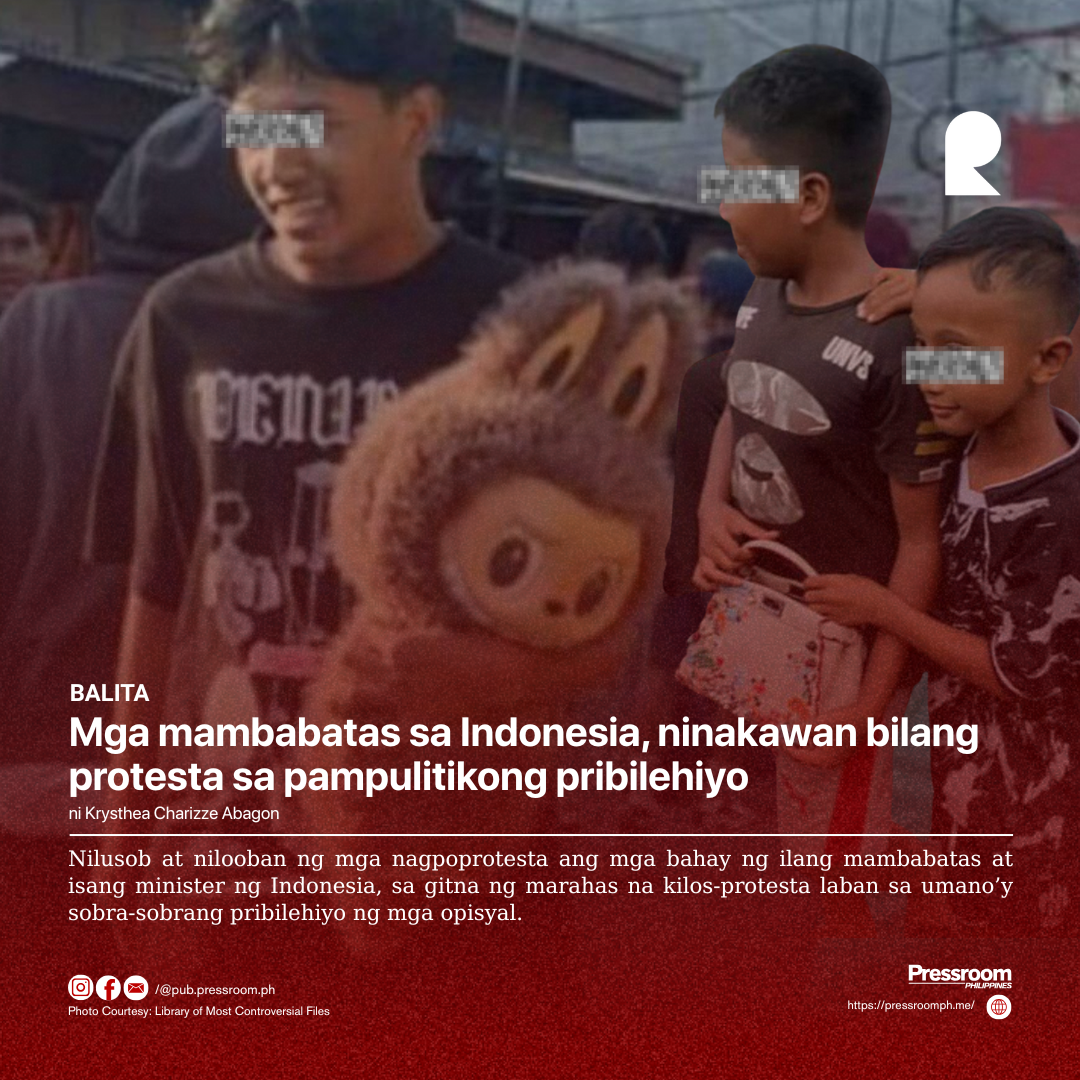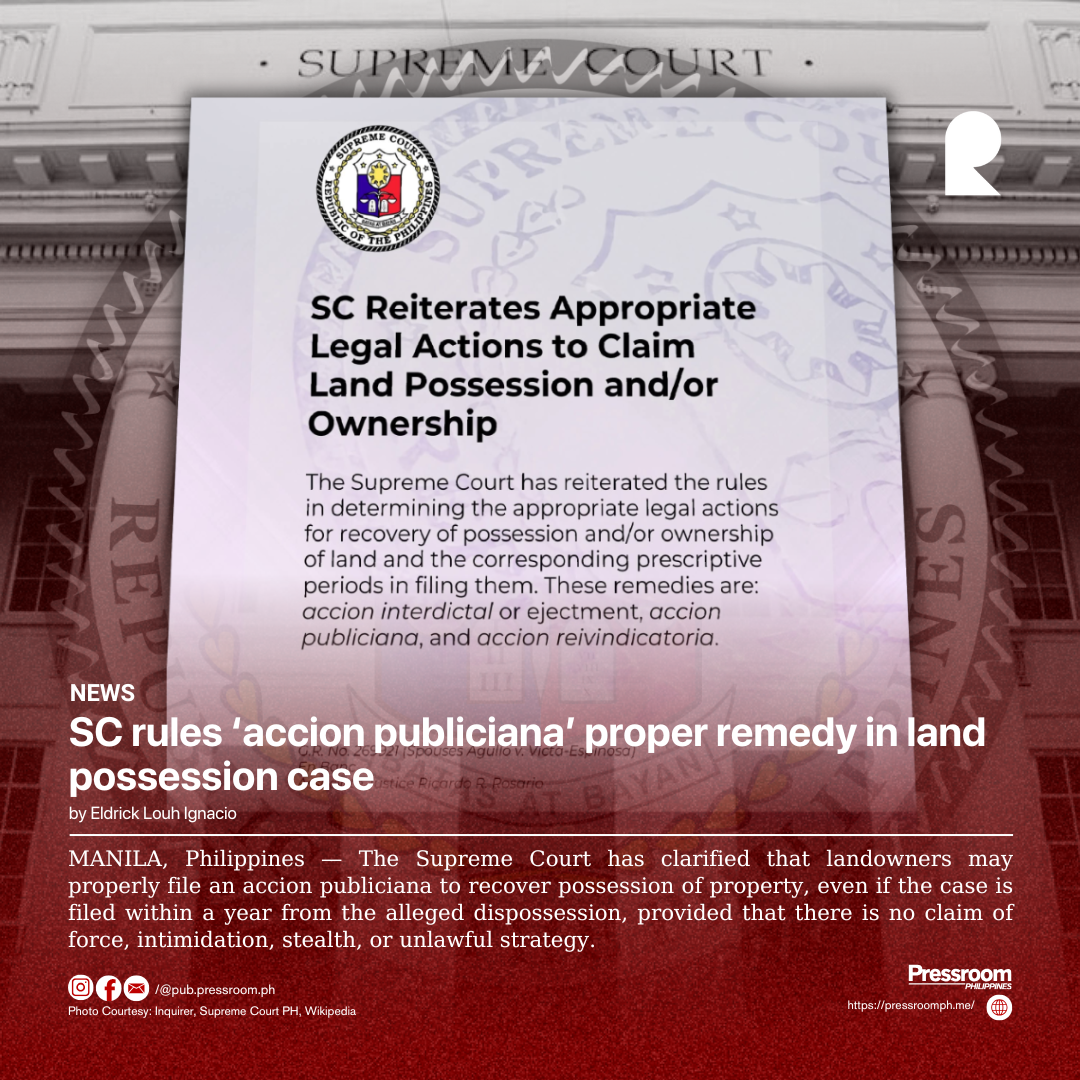The National Security Council (NSC) emphasized that the Philippine Navy, Coast Guard, and Bureau of Fisheries and Aquatic Resources (BFAR) are not the ones engaging in intimidation or harassment in the West Philippine Sea (WPS).
This statement was issued amid increasing scrutiny on maritime tensions in the resource-rich but geopolitically sensitive waters.
The NSC’s statement comes amid reports and growing international attention to rising encounters at sea, notably involving Chinese maritime forces.
The assertion seeks to highlight that Philippine maritime operations remain peaceful and defensive, countering narratives that have labeled the Philippines as ‘provocative’.
Philippine officials continue to rely on its longstanding “transparency initiative,” which seeks to shed light on aggressive actions by other parties in the WPS.
By publicizing incidents such as encroachments, water cannon attacks, and equipment seizures, authorities aim to solidify domestic and international support for Manila’s legal and peaceful stance on sovereignty.
While the NSC reiterated the country’s commitment to upholding maritime rules and ensuring the safety of Filipino stakeholders at sea, the broader context remains highly charged.
The Philippines has recently seen several maritime confrontations—from collisions with China Coast Guard vessels to resource-related stand-offs—which fuel ongoing diplomatic and strategic challenges.
Ultimately, the NSC’s declaration aims to draw a clear line between Philippine maritime conduct and what it views as ’grey-zone’ tactics by other claimants.
This brings into focus an underlying consideration that if the Philippines continues to emphasize peaceful transparency while asserting its sovereign rights, it may gradually redefine the region’s power dynamics—turning visibility and truth into strategic advantage.






